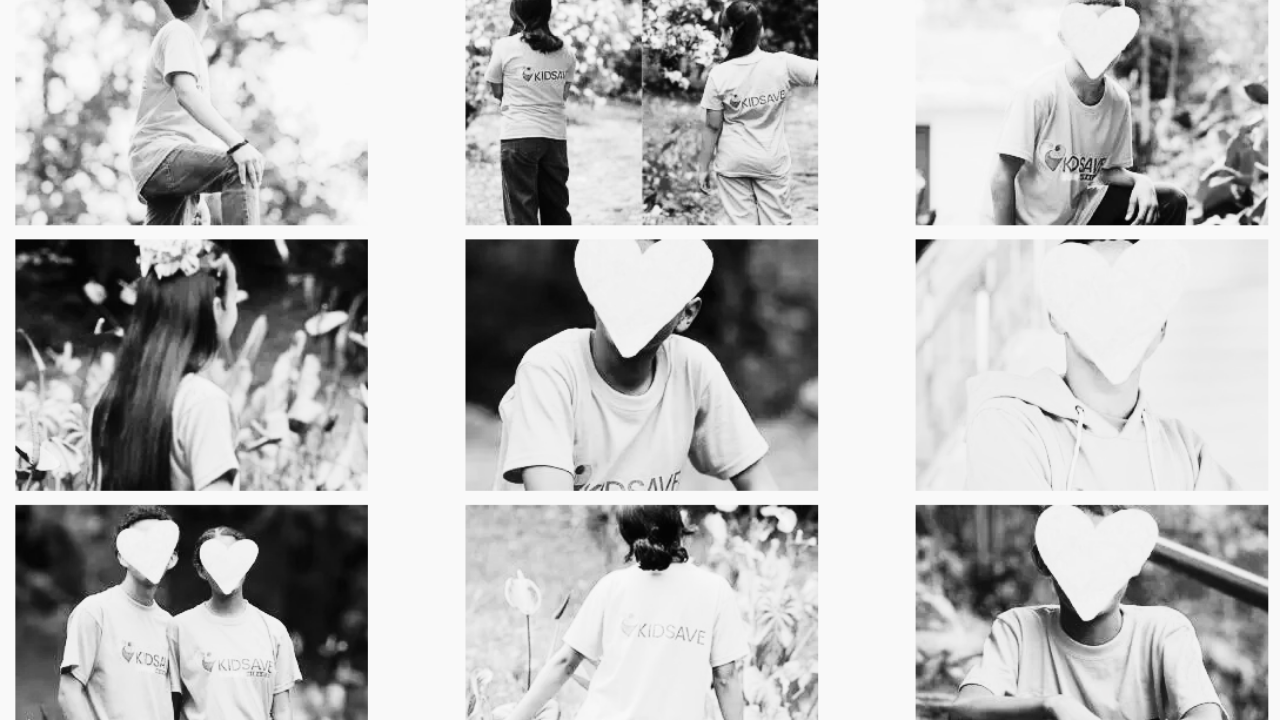
The Truth About Interracial Adoption and White Supremacy
Jul 29, 2025I’m about to say some things I was scared to even think years ago. But the truth has been pounding in my chest for too long to keep silent. So I’m saying it. For myself. For my kids. For you.
Interracial adoption wouldn’t exist if it weren’t for white supremacy.
I know that sounds like a punch in the gut. It did to me. But once you’ve heard it, can you un-hear it?
When I wanted to become a mom I didn't feel the necessity to birth my own child. Instead I asked the universe: Is there a child that wants me to be their mama? (I didn't expect two!). My children were placed for adoption because their mother was an addict. Because her mother had also been traumatized. Because slavery broke up families. Because grief was never allowed to heal. Because the ripple effects keep rippling.
And because of an industry that profits off all of that. Adoption is a $30 billion industry in the U.S. in 2025. That’s not about love — that’s capitalism. That’s supply and demand. And too often, that supply is created by poverty, racism, addiction, incarceration, and the long tail of systemic injustice. That’s the industry I unknowingly bought into — and am now working to name, expose, and resist.
Years ago, about 14 years back, I was okay seeing adoption websites where you could filter available children by race, age, country, disability — all the things society tells us we shouldn’t discriminate against. But a few weeks ago, I revisited those sites and my stomach turned. They looked less like places of care and more like dating profiles or online shopping catalogs... disgusting. These are human beings — not products.
In the time that I adopted, Black babies were cheaper than white babies. Cheaper. Can you sit with that? I couldn’t at first. That fact alone should shatter any illusion that racism isn’t central to adoption in America.
And it’s not that I was raised to see adoption as beautiful. I wasn’t. I was actually warned not to adopt. That might sound like the opposite of saviorism, but it was laced with racism too — the idea that adopting across racial lines would bring shame, danger, or disgust.
So no matter how I came to adoption, white supremacy was already in the room.
It took me years to understand that there’s a movement calling for the abolishment of adoption as an industry. Not abolishing care. Not abolishing love. But ending the commodification of vulnerable families. People aren’t saying, “Don’t raise each other’s children.” They’re saying, “Let’s stop pretending this isn’t an empire built on broken families, and let’s stop profiting from that pain.”
At first, I didn’t want to hear any of this. But the adoptees speaking out — many of them Black and brown adults — kept telling the truth. And eventually, I listened.
Heather McGhee, in The Sum of Us, describes how the systems that hurt communities of color also hurt white people — how we’ve all been sold a lie that we’re separate. The adoption industry is one of those systems. It sold me a story of salvation. But the real story is so much messier. And more honest. And more freeing.
We need to tell the truth if we want to raise our children in truth.
I confess that writing this terrifies me. These truths feel almost too ugly to share. And that’s exactly why I’m sharing them. I refuse to let shame silence me — or keep me complicit. I’m committed to doing better. To parenting in a way that’s awake.
If you’re parenting Black and brown kids as a white parent — or loving them, teaching them, supporting them — I invite you to sit with these truths. Let them unsettle you. Let them change you.
It’s not too late. We can’t undo what’s been done. But we can choose who we’re becoming.
I’d love to talk with you about this — about what’s stirring in you. You can schedule a free consultation with me here.
With deep respect,
Marion
Don't miss a beat!
New moves, motivation, and classes delivered to your inbox.
We hate SPAM. We will never sell your information, for any reason.
